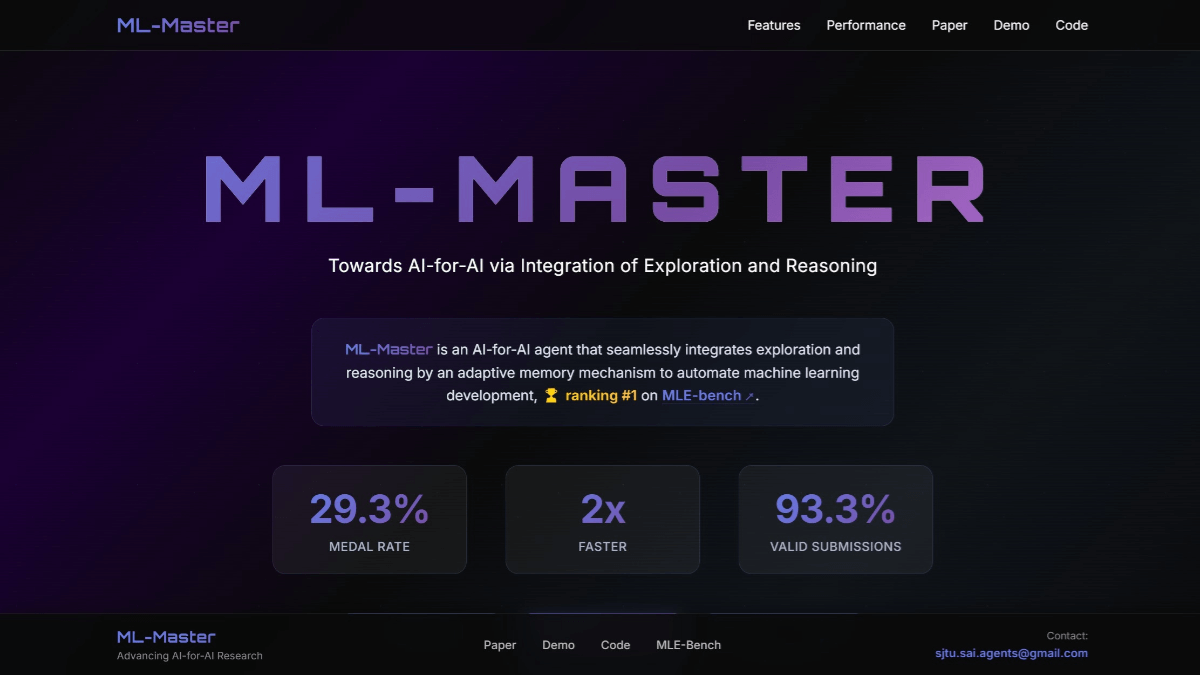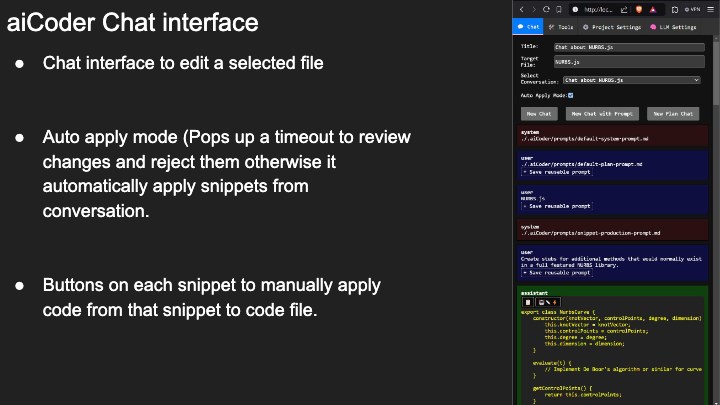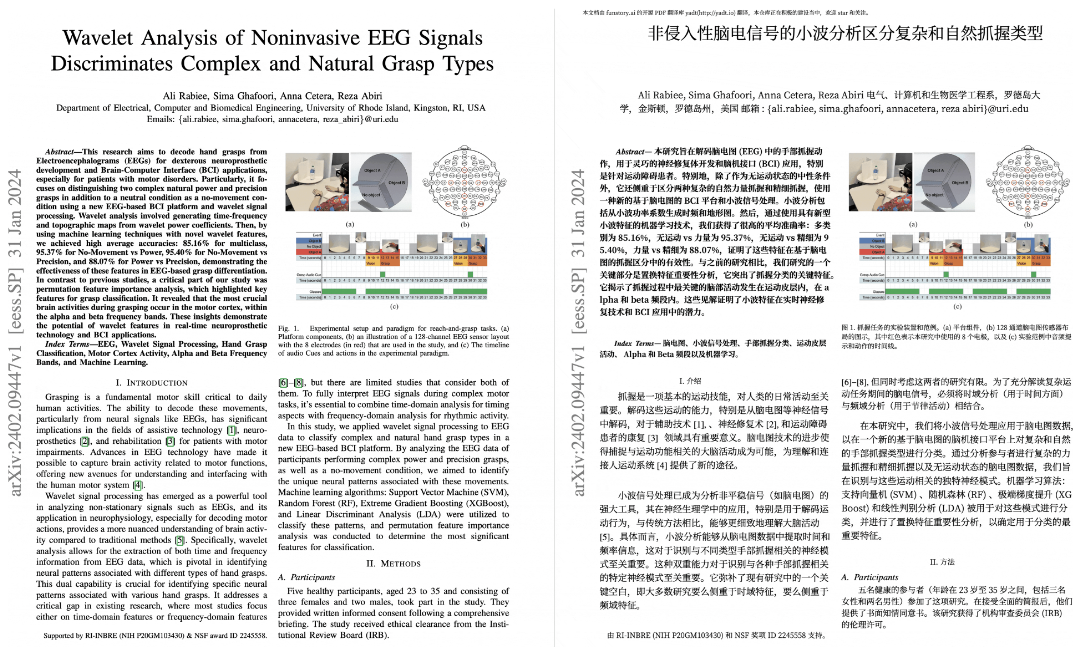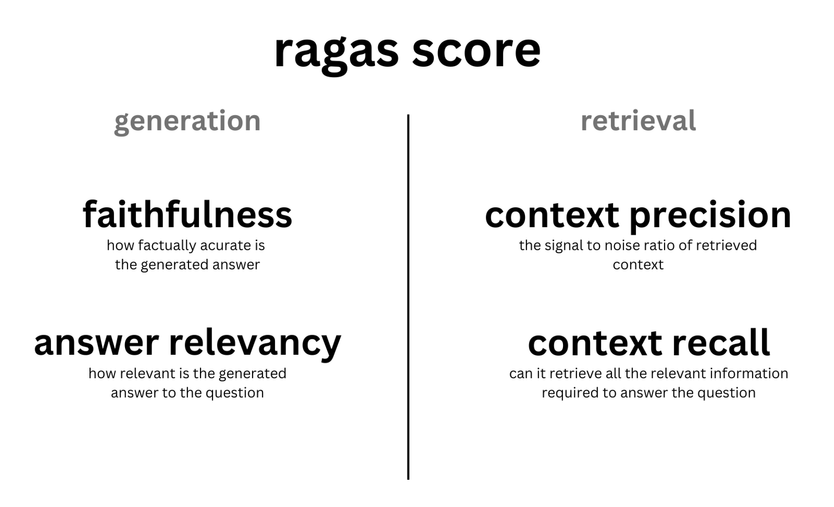ML-Master - AI Expert Agent Launched by Shanghai Jiaotong University
What is ML-Master
ML-Master is an AI expert intelligence introduced by the Agents team at the School of Artificial Intelligence, Shanghai Jiaotong University. ML-Master performs well in OpenAI's authoritative benchmark test MLE-bench, topping the list with an average medal rate of 29.3%, surpassing competitors such as Microsoft's RD-Agent and OpenAI's AIDE, etc. ML-Master significantly improves AI's machine learning through the innovative paradigm of "deep integration of exploration and inference", which simulates the cognitive strategies of human experts and integrates extensive exploration and deep inference. Through the innovative paradigm of "deep integration of exploration and reasoning", ML-Master simulates the cognitive strategies of human experts, integrates extensive exploration and deep reasoning, and significantly improves the performance of AI in machine learning engineering. ML-Master adopts two modules, namely, balanced multi-trajectory exploration and controlled reasoning, and realizes the efficient synergy of the two through the adaptive memory mechanism.

Main functions of ML-Master
- Deep integration of exploration and reasoningML-Master integrates broad exploration and deep reasoning through an innovative "deep exploration-reasoning fusion" paradigm that mimics the cognitive strategies of human experts to significantly improve AI performance.
- Strong self-evolution capability: ML-Master continues to improve the quality of the solution during multiple rounds of task execution, resulting in a final performance improvement of more than 1,201 TP3T compared to the initial version.
ML-Master's program address
- Project website:: https://sjtu-sai-agents.github.io/ML-Master/
- Github repository:: https://github.com/sjtu-sai-agents/ML-Master
- arXiv Technical Paper:: https://arxiv.org/pdf/2506.16499
Technical principle of ML-Master
- Balanced Multi-trajectory Exploration (BME)
- MCTS-inspired tree search: The AI development process is modeled as a decision tree, where each node represents the state of an AI solution.
- parallel exploration strategy: Explore multiple solution branches at the same time, breaking through the limitations of traditional serial exploration and dramatically improving exploration efficiency.
- Dynamic prioritization: Dynamically allocate computing resources based on the potential value of each branch to avoid ineffective exploration.
- Steerable Reasoning (Steerable Reasoning)
- adaptive memory mechanism: Accurately extracting key information to avoid information overload, intelligently filtering valid information from historical exploration, and ensuring that the reasoning process is based on more relevant knowledge.
- Contextualized Decision Making:: Conduct informed analysis in the context of specific implementation feedback and success stories to avoid "head-scratching" decisions.
- Closed-loop learning system: The result of exploration feeds the reasoning process in real time, forming a virtuous cycle of "exploration→reasoning→optimization→re-exploration".
- Adaptive Memory Mechanisms (Adaptive Memory)
- Intelligent Memory Construction: The exploration module automatically collects execution results, code snippets, and performance metrics while selectively integrating key information from parent and parallel sibling nodes.
- Embedded Reasoning Decision Making: Memory information is embedded directly into the decision-making part of the inference model, ensuring that each inference is based on specific historical execution feedback and experience from diverse explorations.
- Co-evolutionary mechanisms: Reasoning results guide the direction of subsequent exploration, and exploration experience continues to enrich the reasoning process, realizing the deep integration of exploration and reasoning.
ML-Master's Core Advantages
- superior performance: In OpenAI's MLE-bench benchmark, ML-Master topped the charts with an average medal rate of 29.31 TP3T, significantly ahead of Microsoft and OpenAI's systems.
- Efficient computing: Tests are completed in just 12 hours at half the computational cost of baseline methods.
- generalization capabilityThe medals are overwhelmingly superior in all difficulty levels, with a 2.2-fold increase in the medal rate on medium difficulty tasks in particular.
Who is ML-Master for?
- AI researchers and developers: ML-Master can help them quickly explore multiple solutions, reduce time spent on manual debugging and optimization, and focus on model innovation and algorithm improvement.
- data scientist: ML-Master automates tasks such as data preprocessing, feature engineering, model selection and parameter tuning, helping data scientists save time and effort and focus on data insights and business value mining.
- Machine Learning Engineer: ML-Master's efficient computational power and self-evolution mechanism can help engineers quickly iterate on models and optimize their performance in real-world deployments, while reducing computational costs.
- Universities and research institutions: ML-Master's innovative technological framework and powerful self-evolutionary capabilities make it an ideal tool for studying autonomous AI development and optimization for use in academic research and algorithmic innovation.
© Copyright notes
Article copyright AI Sharing Circle All, please do not reproduce without permission.
Related articles

No comments...




